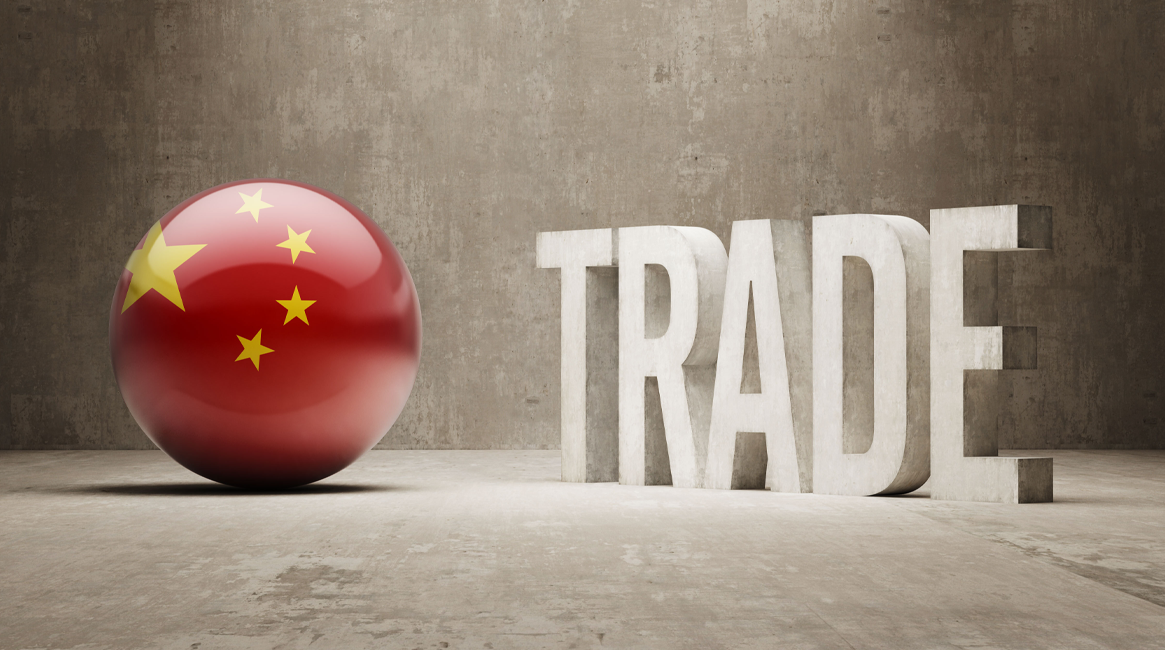On December 1, 2020, the Export Control Law (“ECL”), approved by National Assembly Standing Committee on October 17, 2020, will enter into force in China.
Aimed at the protection of national interests and security and intended to impose restrictions on the export of specific products, the ECL is the first comprehensive export control legislation adopted in the country
The ECL’s provisions concern export control policies, allows publications of control lists by the authorities, and sets out the consequences of non-compliance for trade operators. In particular, under the new Law:
- the notion of controlled items includes four categories of products,i.e. a) dual-use; b) military items and nuclear; c) technologies, services and items related to the protection of national security and national interests and to the implementation of anti-proliferation, among others; d) the technical information and data related to such items;
the scope of the provisions includes both the transfer of controlled items out of the People’s Republic of China, and the supply of any controlled items by any citizens, legal persons or non-corporate organizations of the People’s Republic of China to any foreign organizations and individuals.
- The operations subject to the authorities’ control also include the transit, transhipment, through-shipment, and re-export of controlled items, whose lists will be published by the government authorities;
- if an exporter is uncertain about whether the goods, technology, or services to be exported are considered controlled items under the ECL, it should inquire the competent Export Control Authority, which will respond within a reasonable time;
- exporters or re-exporters of controlled products will be required to apply for an export license from the Chinese authorities and to submit an End Use Certificate;
- finally, pursuant to the all-inclusive provision (so-called catch-all) the exporter shall apply for an export license - even if the item is not included in a control list - whenever it has been warned by the authority, knows or should have known that the export of a product, technology or service may endanger the national security or national interests, may be used for designing, developing, producing, or using weapons of mass destruction; or may be used for terrorism purposes.
With regard to international economic sanctions, on September 19, 2020, the Chinese Ministry of Commerce issued the Unreliable Entity List. The inclusion of a person in such list is the result of the investigative activity aimed at ascertaining the existence of the criteria set for the in the legislation (i.e. may endanger the national security or national interests; may be used for designing, developing, producing, or using weapons of mass destruction; or may be used for terrorism purposes). The entities in the list may be subject to sanctions imposed by the Chinese authorities, e.g. the prohibition for the foreign entity to make transactions or investments in China.
To all companies that have Chinese partners in their supply chain, to Chinese exporters and re-exporters, it is recommended to carry out a compliance assessment of their position with the ECL and to consistently check the development of export control policies in China.
